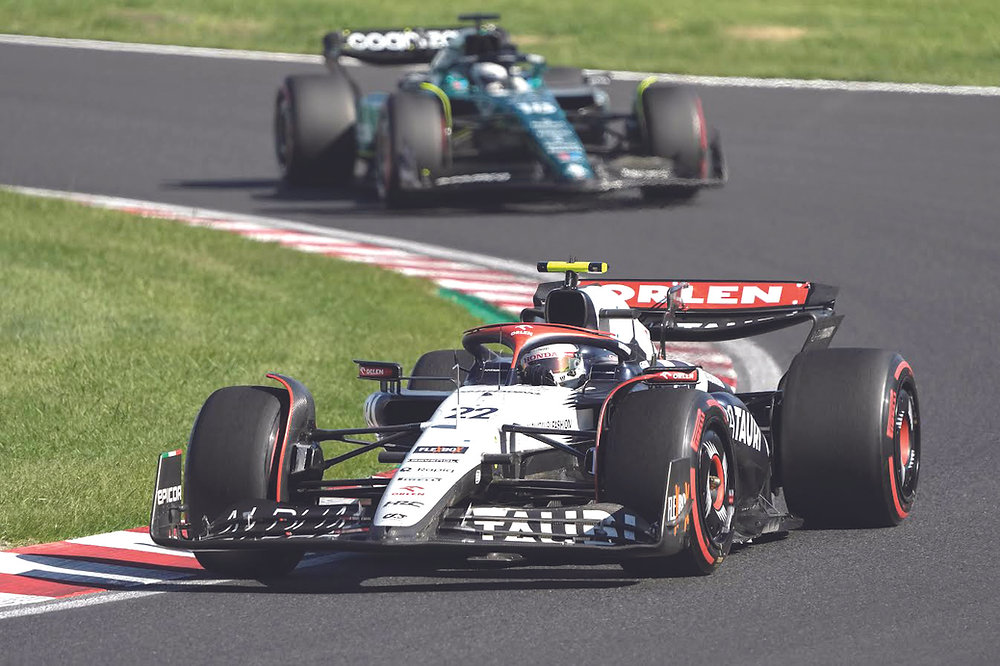The f1-130ar designation is typically associated with a specific technical element or regulatory clause within the Formula 1 framework. While not a universally recognized public term, in a specialized context, it would denote a component or rule with precise implications for car design, performance, or legality.
Potential Interpretation: Component Specification
If f1-130ar refers to a physical component, its characteristics would be tightly defined:
- Material and Construction: Likely manufactured from advanced composites such as carbon fiber, prioritizing strength, low weight, and specific thermal or aerodynamic properties.
- Dimensional Tolerances: Strict adherence to specified dimensions (the “130” might relate to a key measurement in millimeters, e.g., length, diameter, or thickness) would be critical for both performance consistency and regulatory compliance.
- Functional Integration: Its role could be within systems like aerodynamics (e.g., a specific wing profile element, a detail of the underfloor or diffuser), suspension, or power unit ancillaries. The “ar” might signify “aerodynamic,” “assembly rear,” or a similar technical qualifier.
Potential Interpretation: Regulatory Article
Alternatively, f1-130ar could reference a sub-section or article within the FIA Formula 1 Technical or Sporting Regulations:

- Scope: Article “130ar” (hypothetically) would address a very specific aspect of car design, operational procedure, or material usage. For instance, it might detail restrictions on a particular aerodynamic device’s geometry or define the testing parameters for a new safety structure.
- Compliance Mandate: Teams would be required to demonstrate full compliance with such a regulation through design submissions, scrutineering checks, and potentially data logging.
- Impact on Design Freedom: Such regulations often aim to control costs, enhance safety, improve competition, or steer technical development in a desired direction.
Key Considerations for f1-130ar
Regardless of its exact nature, any element designated f1-130ar in a Formula 1 context would imply:
Precision Engineering: Formula 1 operates at the pinnacle of automotive technology, demanding extreme precision in design, manufacturing, and implementation.
Performance Sensitivity: Even minor deviations or innovations related to such a specific designation could have measurable impacts on car performance, whether in terms of lap time, reliability, or efficiency.
Confidentiality: Details surrounding specific, non-public component codes or nuanced interpretations of regulations are often highly confidential among F1 teams.



